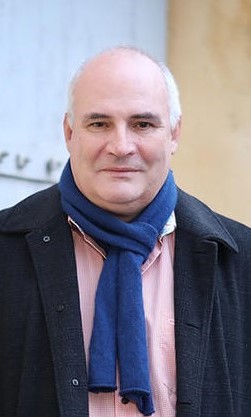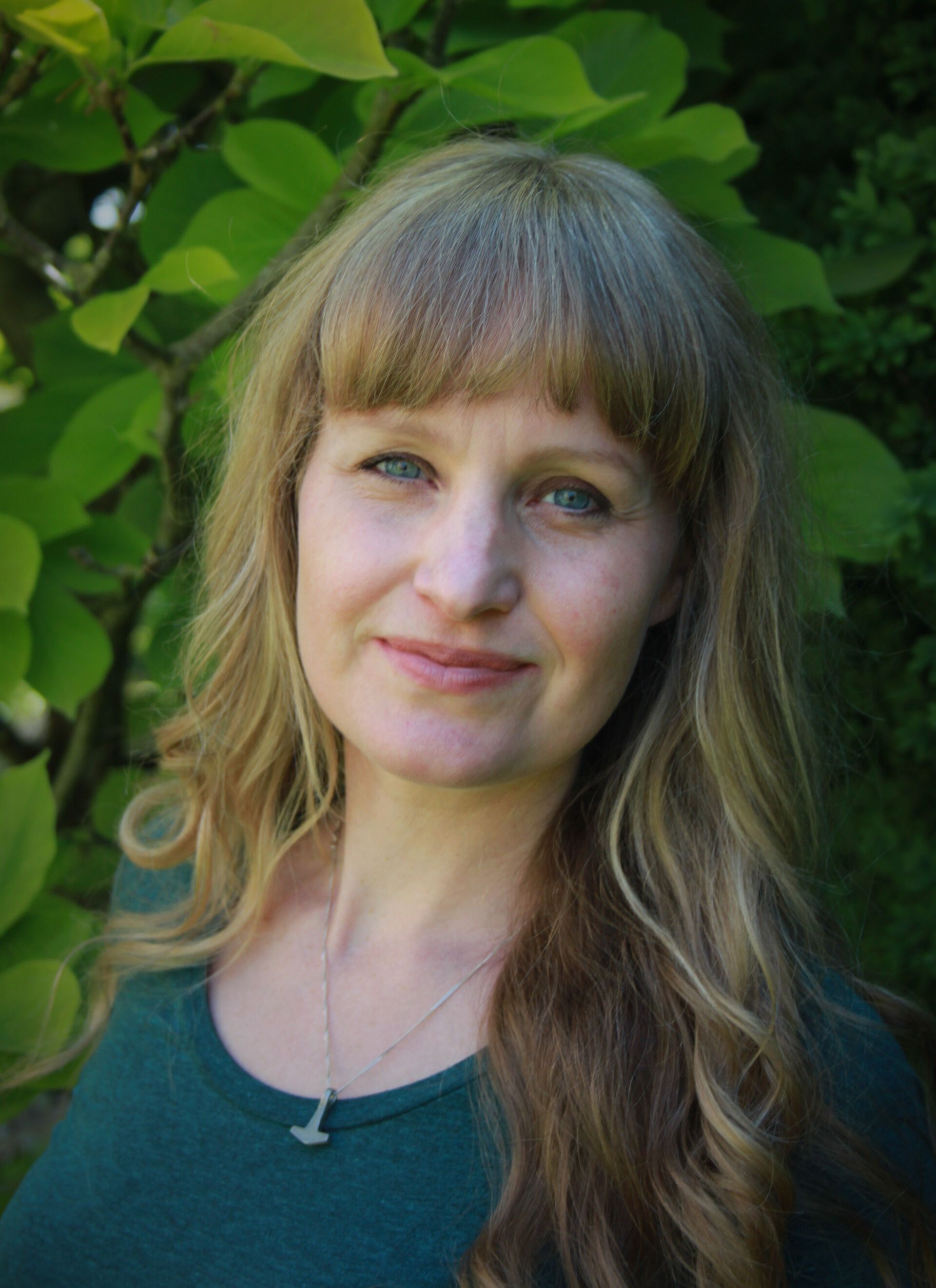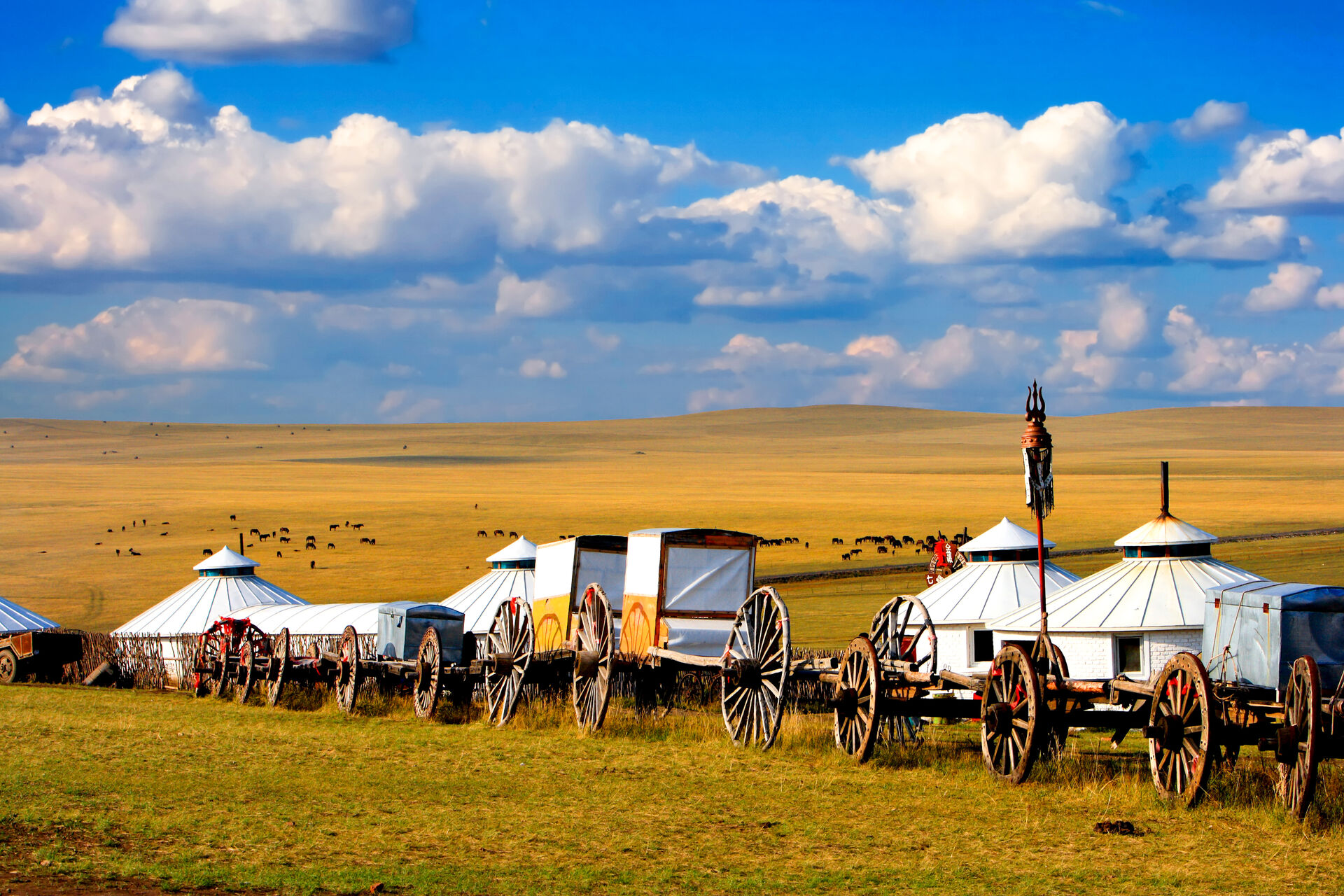The topics of mobility and migrations are dominating both the current political, as well as the archaeological debates. This reflects the fact that human movements are and always have been important social phenomena shaping social realities. Historical records in Europe and the Middle East are full of events involving both mobility and migration, often clearly having changed the course of human history. Yet for decades, mobility and migrations were widely regarded as only minor factors in explaining cultural change. This situation is now about to change with the widespread application of genetics and stable isotopes, providing for the first time tools to empirically detect past phenomena of mobility and migrations.
One can therefore accord with Peter Van Dommelen in his introduction to a recent special thematic issue on mobility and migrations in the renowned journal World Archaeology (46, no. 4, 2014, 477483), when he writes: “Even if archaeological explanations and theoretical interests have shied away from migration with the advent of the New, Processual and Post-Processual archaeologies, the reality remains that migration was in all likelihood as common, recurrent and widespread a phenomenon in the ancient and distant past as it is today and has been recorded historically in recent periods” .
In Anthropology, Sociology and social Geography, there exists a wide array of literature about mobility as a social and economic vector, including also typologies of its various forms, and this arsenal is frequently applied to general archaeological records too. The course offers a survey of its intellectual discourses and developments, and will signal recent trends and future directions. It will encourage the students to more explicitly examine the potential, and empirically detectable impact of human mobility and different forms of migration on their respective research topics. Overall, the course will be reflecting the direction of Archaeology towards an intermediate, or even integrative humanities-scientific discipline, as it is now widely seen in publications, successful grant applications and the media. The approach taken for the course will therefore essentially be multi-/crossdisciplinary, with a particular focus on the combination of the sciences (eg., genetics, isotope geochemistry, bio-anthropology, biogeochemistry), and the humanities/social sciences (eg., sociology, history, anthropology, linguistics).
The course is intended to address and conceptually link prehistoric, historical and present situations, in order to gain a better understanding of the overall phenomena. The course will take the shape of keynote lectures given by specialists in different disciplines involved in migration studies, student presentations on the basis of pre-submitted papers and discussions of these, among the students and between lecturers and students.
Course Work
The course will consist of both seminars and lectures. Before the course starts, each PhD student will prepare a paper for pre-circulation, addressing her or his research project in relation to the course theme. In the course seminars, each paper will be allotted ca. 45 minutes, beginning with the student presenting a 15-minute summary of its contents. One of the other PhD students will be selected in advance as a discussant and comment for about 10 minutes, after which she or he will then chair an open discussion on the paper for approximately 20 minutes.
Lecturers
| Martin Furholt | Volker Heyd | Synnøve K. N. Bendixsen | Catrine Jarman |
|---|---|---|---|
 |
 |
 |
 |
|
Photo: University of Oslo |
Photo: University of Helsinki | Photo: Eivind Senneset for UiB |
Professor Martin Furholt (University of Oslo)
Professor Volker Heyd (University of Helsinki)
Associate Professor Synnøve Kristine Nepstad Bendixsen (University of Bergen)
Dr. Catrine Jarman (University of Bristol)
Credits
1 month or 7 ECTS
Location, Travel and Costs
The Graduate School will finance and arrange travel and accommodation, as well as supply a daily allowance during the seminar for all participating PhD students who are part of the Dialogues With the Past network. Two PhD students will share a room.
Registration
The Graduate school invites all registered PhD students to apply for participation. Please fill out the application form to apply for the course (in English only). From these applications, 15 PhD students will be admitted to the course.
For more information please contact: dial-past@iakh.uio.no
Important dates
Application for participation: November 6, 2020. Confirmation on your participation will be sent out shortly after this date together with a reading list.
Submission of working papers (10 pages, Times New Roman 12, Spacing 1,5): April 9, 2021.
